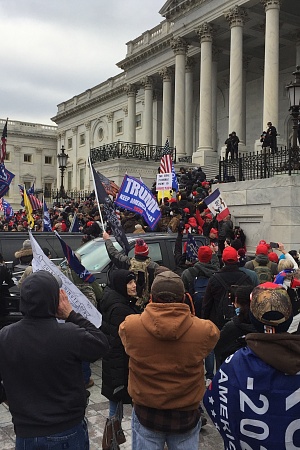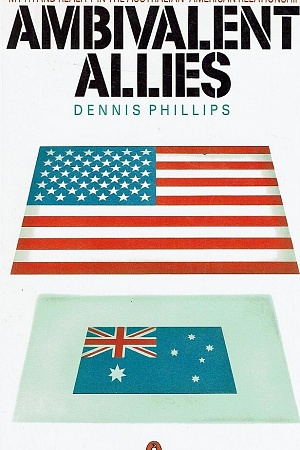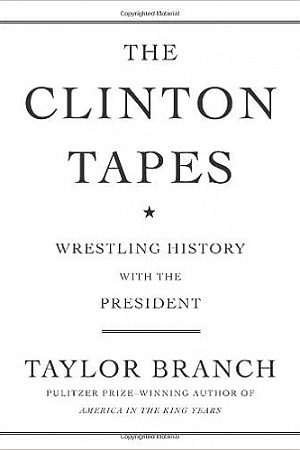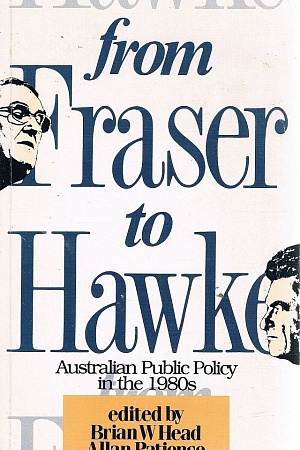Kicking the Kremlin: Russia’s new dissidents and the battle to topple Putin
Bloomsbury, $27.99 pb, 318 pp
Putin and the kleptocrats
Moscow’s annexation of Crimea in March was a dramatic sign of Russia’s sense that it had recovered from its post-Soviet weakness. Viewed in the West as an outrage, in Russia the seizure was portrayed as a triumph, the culmination of a national resurgence under Vladimir Putin. It remains to be seen how long this mood of triumph will last.
President Putin’s popularity has long been buoyed by high prices for oil, Russia’s main export. On top of this oil bonanza, which saw national GDP double in a decade, Putin’s popularity has spiked after shows of strength like Russia’s 2008 invasion of the Caucasian republic of Georgia. In 2011–12 his standing slumped when his return to the presidency ruled out a new liberal era in Russian politics. The seizure of Crimea has sent Putin’s approval rating back to 2008 levels, demonstrating the link between Kremlin muscle-flexing and the political balance inside Russia.
Continue reading for only $10 per month. Subscribe and gain full access to Australian Book Review. Already a subscriber? Sign in. If you need assistance, feel free to contact us.












Comments (3)
Great review. Long time no hear.
Leave a comment
If you are an ABR subscriber, you will need to sign in to post a comment.
If you have forgotten your sign in details, or if you receive an error message when trying to submit your comment, please email your comment (and the name of the article to which it relates) to ABR Comments. We will review your comment and, subject to approval, we will post it under your name.
Please note that all comments must be approved by ABR and comply with our Terms & Conditions.